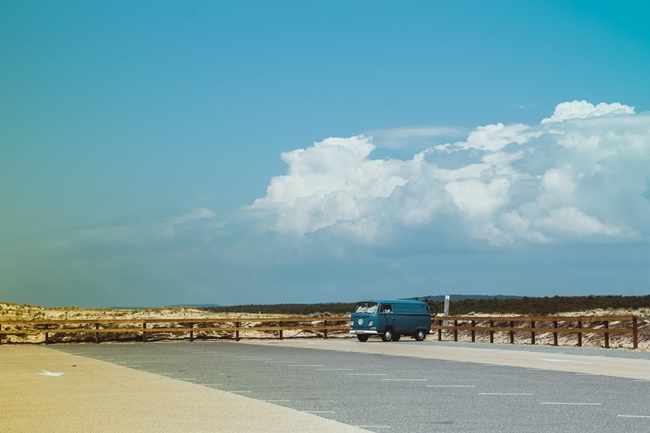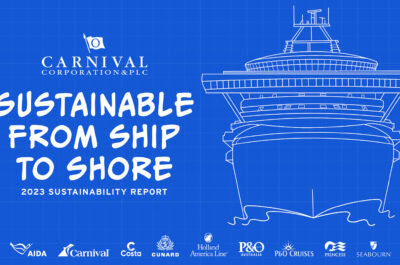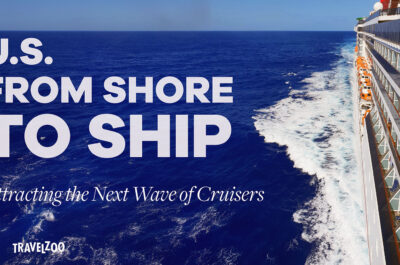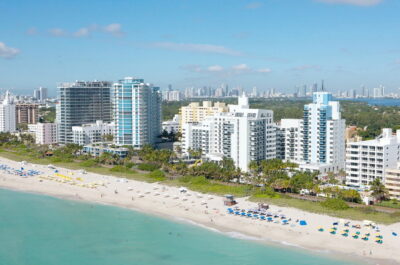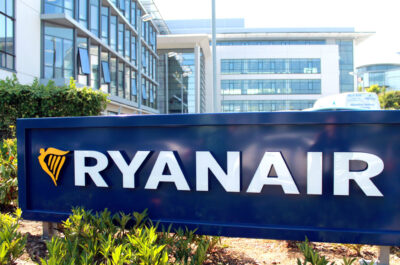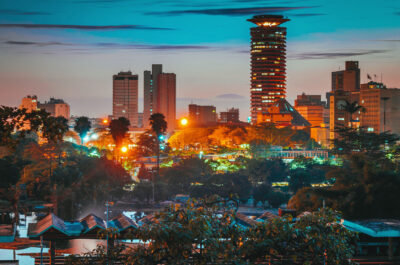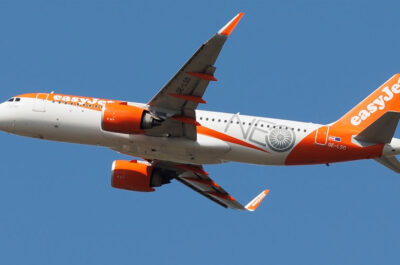Here are five things that you should know before renting a campervan in New Zealand. Learn how to hire the right camping vehicle for your road trip, have fun, and save big!
Most people associate campervanning in New Zealand with budget-friendliness, absolute freedom to drive to any scenic site, and the flexibility to camp the night wherever you wish. Well, that’s true, at least for the most part.
When considering a campervan tour of New Zealand, two things are for sure. First, you’ll never run out of places to visit. And secondly, the country boasts hundreds of professional and reputable campervan rental companies.
But exploring the hidden treasures of New Zealand isn’t as easy as flying into the country, renting a campervan, and hitting the road. Like in any other country, there are ground rules to adhere to.
Read on to uncover the five most important things to know before renting a campervan in New Zealand.
1. Prices are relative to the seasons
This is a no-brainer. In any travel destination, prices peak during the high seasons and drop during low seasons. Perhaps, the more pressing concern is determining which months the high and low seasons fall.
Generally, the prices of campervan hire in New Zealand are highest during the summer months from December to February. If you’re a budget traveller who’s also averse to crowding, you want to avoid these peak seasons.
The good news, though, is that you don’t have to travel in the dead of winter to take advantage of rock-bottom campervan rental rates. For instance, while the weather in October is relatively favourable, campervan rental costs are usually still half as cheap as renting during the peak months.
Another thing to note is that travelling in winter may actually attract additional expenses compared to campervanning in summer. For instance, fuel consumption will be higher since you’ll need to navigate New Zealand’s meandering roads more cautiously under the frosty conditions.
Some mandatory requirements when campervanning during winter include snow chains and a more efficient campervan heating system.
2. Choose a campervan model wisely
There are many factors that go into choosing your ideal campervan in New Zealand. Examples include;
i. The number of people that you’ll be travelling with
ii. The size of the van
iii. Whether you prefer self-contained or non-self-contained campervans
iv. The time of year
v. The destinations you intend to visit
vi. Your budget needs
When searching for a suitable campervan size, look out for the number of berths depending on how many people will be going on the road trip with you. Ideally, the number of berths should correspond with the number of people riding in the van, as each person will need a berth to sleep on. And to be on the safe side, you can choose campervans with one berth more than the number of travellers.
If you’re travelling solo or with your spouse, consider the smaller and more economical 2-berth vans. 6-berth vans are ideal for an all-family campervan road trip.
Choosing between self-contained and non-self-contained campervans depends on where you’ll be spending your nights. If you’re okay sleeping at campgrounds and holiday parks, then you’ll do fine with non-self-contained campervans. But for more freedom and privacy, you might consider self-contained vans. The only drawback to self-contained campervans is waste disposal, which will invariably require you to check into campgrounds and holiday parks from time to time.
But whichever model you choose, you’re assured of the essential amenities, such as towels, bedding, cutlery, and in some cases, extra conveniences like Wi-Fi and GPS.
3. Factor in relocation and one-way fees
New Zealand is made up of two main islands – the North Island and South Island. Generally, renting a campervan in one location for use in a different place may attract a one-way fee of around $300NZD.
To make the most of this fee, you might consider a trip to your desired location and back. Or, go campervanning during the off-peak months when companies are offering discounted rates on their one-way charges.
In addition to one-way fees, there may also be relocation fees to contend with. Relocation fees vary from one company to another, and usually depend on a couple of associated expenses, such as the cost of fuel and insurance. Again, you may want to visit during the low seasons to take advantage of amazing relocation deals that most campervan companies offer then.
However, remember that these deals normally come with hidden fees as well as unfavourable rental terms, including limited availability and time constraints.
4. Beware of age restrictions
To drive a campervan in Christchurch and other cities in New Zealand, you must possess a valid driver’s license that’s written in English. If your license appears in any other language, the law requires you to possess an International Driving Permit as an accompaniment.
If you are aged 25 years or older, you’ll be able to hire a campervan in New Zealand without suffering any age-related limitations, provided you have a valid driver’s license.
For drivers under the age of 25, there may be some charges, known as ‘young drivers’ surcharge’. Alternatively, the company may provide a driver as part of their campervan rental package. As you may have guessed, that will come with extra markups on your part. Besides, hiring a driver may not be an excellent idea for solo travellers or couples that are looking for privacy.
The conventional wisdom is to look for companies that offer campervan rental services to younger drivers. And when you find them, choose a campervan that you’ll be able to drive comfortably. Needless to say, New Zealand roads are characterised by meanders whose navigation demands total control of and comfort behind the wheels.
5. Observe parking rules
You can visit as many scenic sites in New Zealand as you desire. Unfortunately, you cannot camp and spend the night wherever you wish.
If you don’t fancy the idea of spending your nights at campsites, then you should insist on self-contained campervans. But even with self-contained campervans, there’s a catch – you’ll ultimately stop by the campgrounds or holiday parks to dispose of your waste and recharge the power in your van.
If you’re driving a non-self-contained campervan, you’ll likely be spending a great deal of your time on holiday parks and campsites. Therefore, research carefully on all the parks that lie along your travel routes.
Besides offering power and waste disposal services, most campgrounds and holiday parks also provide kitchen, shower, and laundry services.
Travellers that are strapped for cash may search for park-over property service providers. These are property owners that will have you stay on their property overnight for a small fee.
But for the best bargains, you should look for freedom camping parks that allow you to stay for up to three days. You’ll only have to prove that you’re driving a certified self-contained campervan.
The prospect of a campervan road tour around New Zealand is something most of us have considered at some point. And it’s reassuring to know that New Zealand has an abundance of campervan rental companies that are dedicated to making your trip fruitful and adventurous. However, acquainting yourself with the tips that we’ve highlighted in this post will enable you to have a campervan road experience that’s comfortable, fulfilling, and free of legal hassles.












